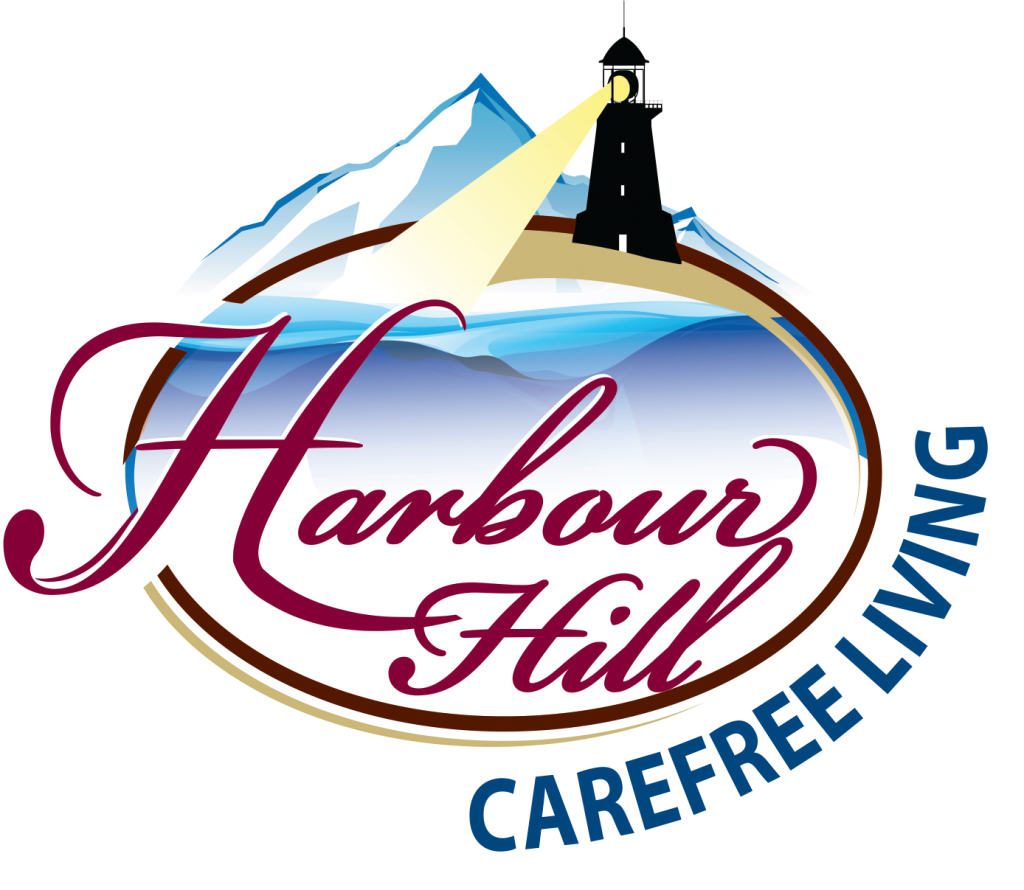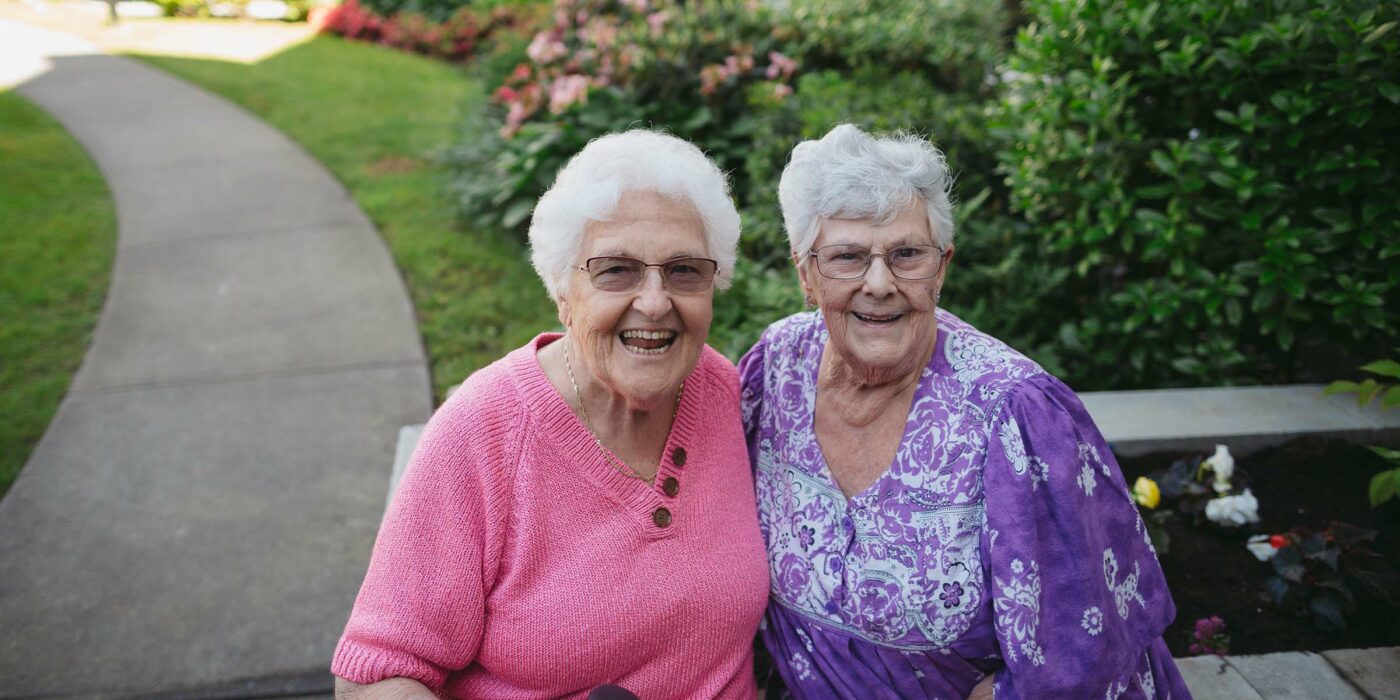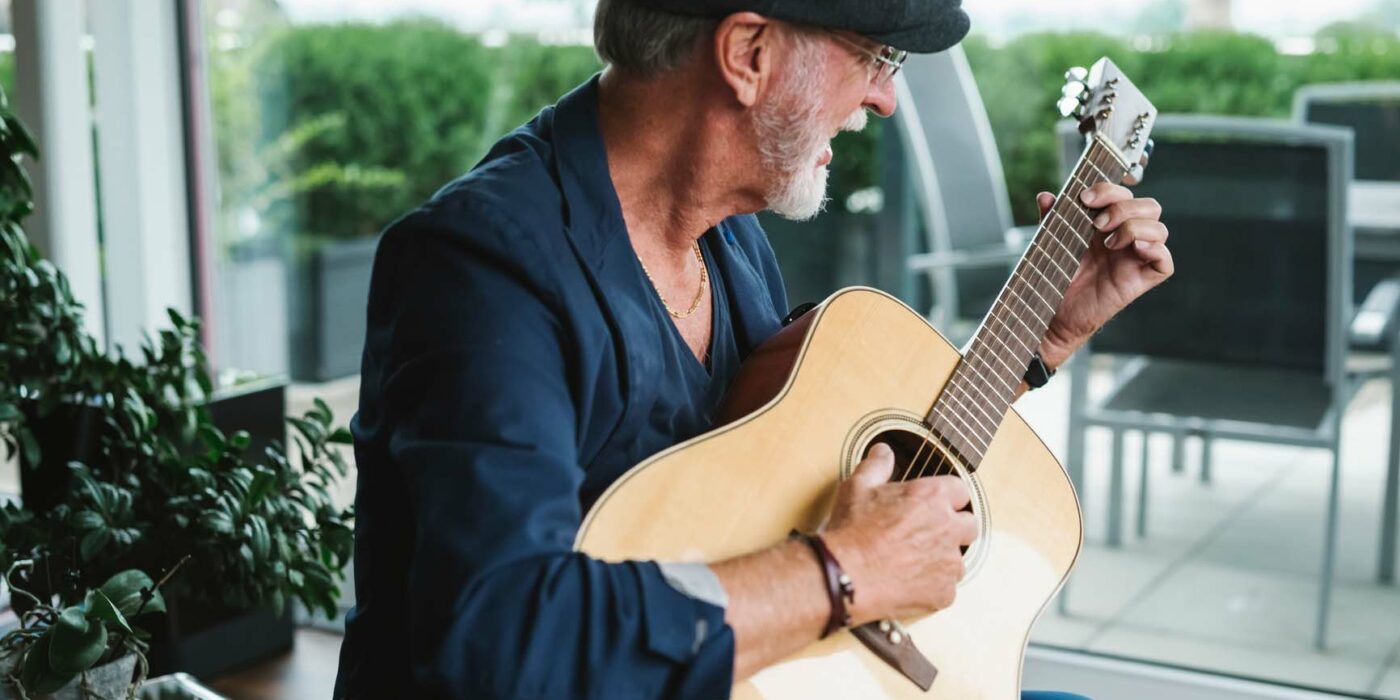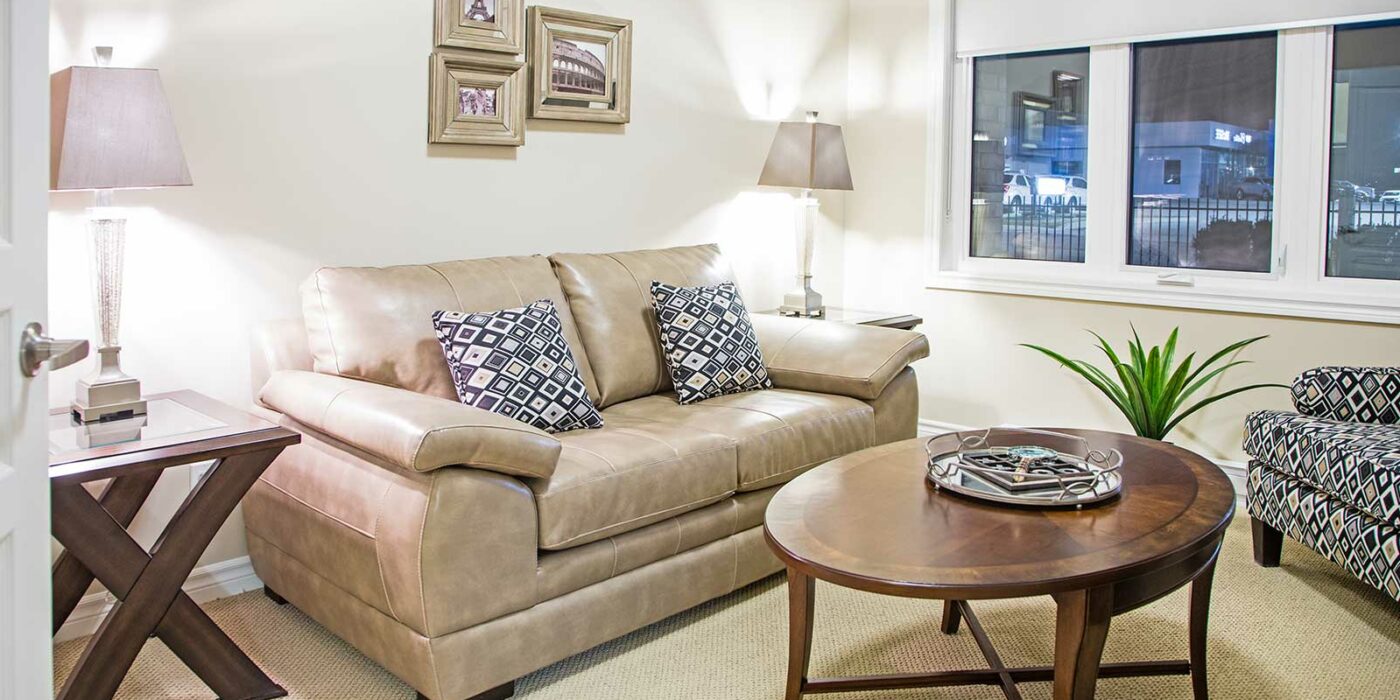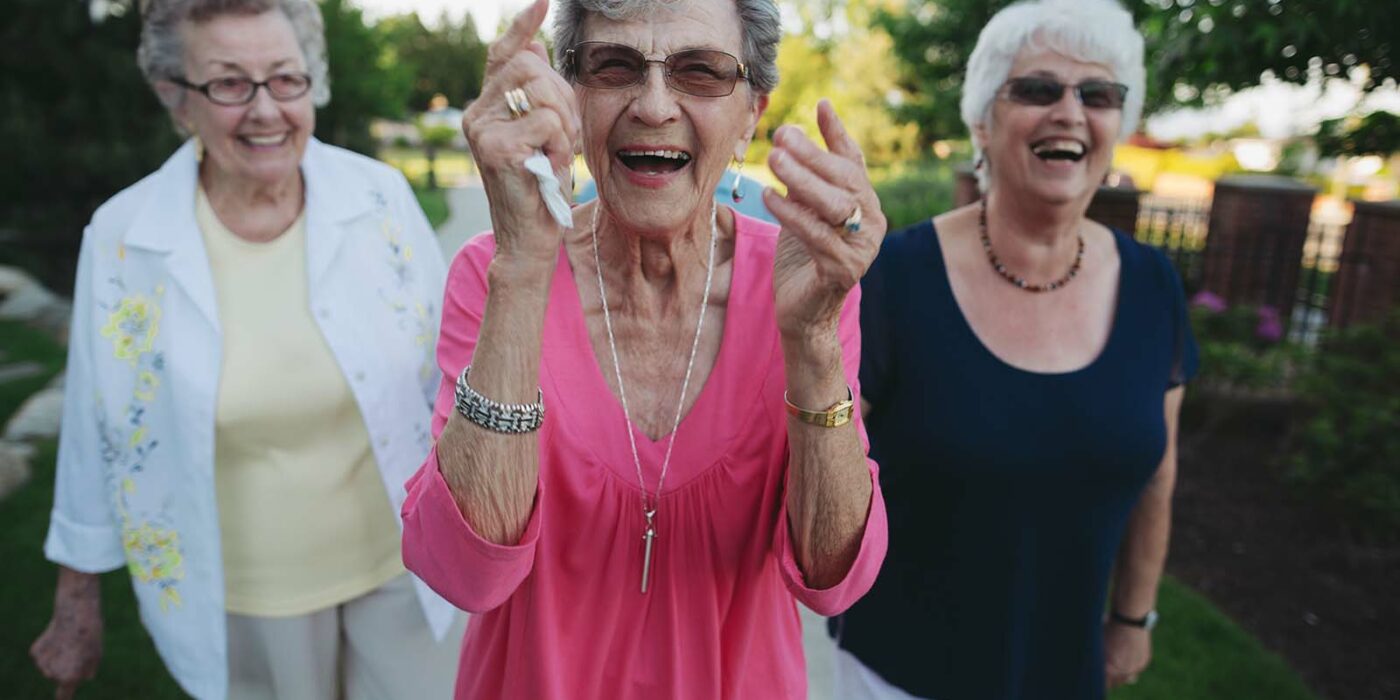Supporting Senior Independence: Why Choice Matters at Harbour Hill
At Harbour Hill Retirement Community, we understand that independence is key to living well at any age. For older adults, the ability to make daily choices—big and small—fosters confidence, dignity, and a lasting sense of purpose. When seniors have the freedom to decide how they want to live, they feel empowered and respected.
Aging should never mean giving up control. Unfortunately, even well-intentioned support can sometimes limit a person’s autonomy. When that happens, it can lead to frustration, loss of confidence, and social withdrawal. At Harbour Hill, we take a different approach—one that supports independence while offering reassurance and care when needed.
Independence Builds Well-Being
Seniors who are able to manage their own routines, social connections, and personal preferences are more likely to stay active and engaged. Whether it’s deciding what time to start the day, choosing what to eat, or selecting a favourite activity, every decision supports a deeper sense of self. We have several residents that have Family help them with paying their bills, but are always more comfortable when the Family sits with them, and lets them know what bills are paid. It settles them while still giving them a sense of control over their finances and decisions. It’s respectful and helpful.
When independence is removed, even temporarily, it can be difficult to regain. Confidence can be shaken, and hesitation takes its place. That’s why at Harbour Hill, we prioritize personal choice as part of everyday life.
Families and Caregivers: Supporting, Not Steering
The role of families and caregivers is essential—not to take control, but to walk alongside seniors with patience, respect, and encouragement. Small shifts in how we help can make a meaningful difference.
Ask First, Then Support
Begin by asking what your loved one wants or needs. Even simple questions like “Would you still like to attend the event?” help keep decisions in their hands.
Respect Their Experience
Older adults bring decades of experience and wisdom. Trusting their decisions—whether about meals, activities, or social plans—reinforces their independence.
Encourage Without Taking Over
When possible, support participation without stepping in too quickly. For example, assist with tasks that may require extra strength, but leave space for them to lead the way.
Trust Their Abilities
Aging doesn’t mean ability disappears. Seniors often know their own limits better than we do. Support them in doing what they love—on their terms.
Be Present and Listen
Sometimes the best help is simply listening. Make time for conversations without rushing to fix or correct.
Celebrate Their Efforts
Acknowledge the routines and hobbies they continue to enjoy. These moments reinforce pride and a sense of achievement.
Balance Safety with Respect
When safety concerns come up, involve them in finding the right solution. Instead of setting rules, explore alternatives together—such as adjusting the time of day for outings or arranging shared transportation.
Life at Harbour Hill
At Harbour Hill, we make it easier for seniors to stay independent and connected.
Our supportive environment includes:
- Maintenance-free apartments that allow more time for what matters most
- Flexible programs and activities led by caring staff
- Nutritious meals with menu variety and choice
- Community spaces that encourage connection, learning, and fun
- Just the right amount of help when needed, always with respect
Here, independence is celebrated—not compromised.
Recommended Resource for Families
For caregivers and loved ones seeking guidance, we recommend the Canadian Centre for Caregiving Excellence. Their approach aligns closely with our values at Harbour Hill—offering support rooted in dignity, autonomy, and compassion.
Honouring the independence of older adults isn’t just the right thing to do—it’s essential to their well-being. At Harbour Hill, we are committed to helping seniors live life on their own terms, supported by care, surrounded by community, and empowered by choice.
